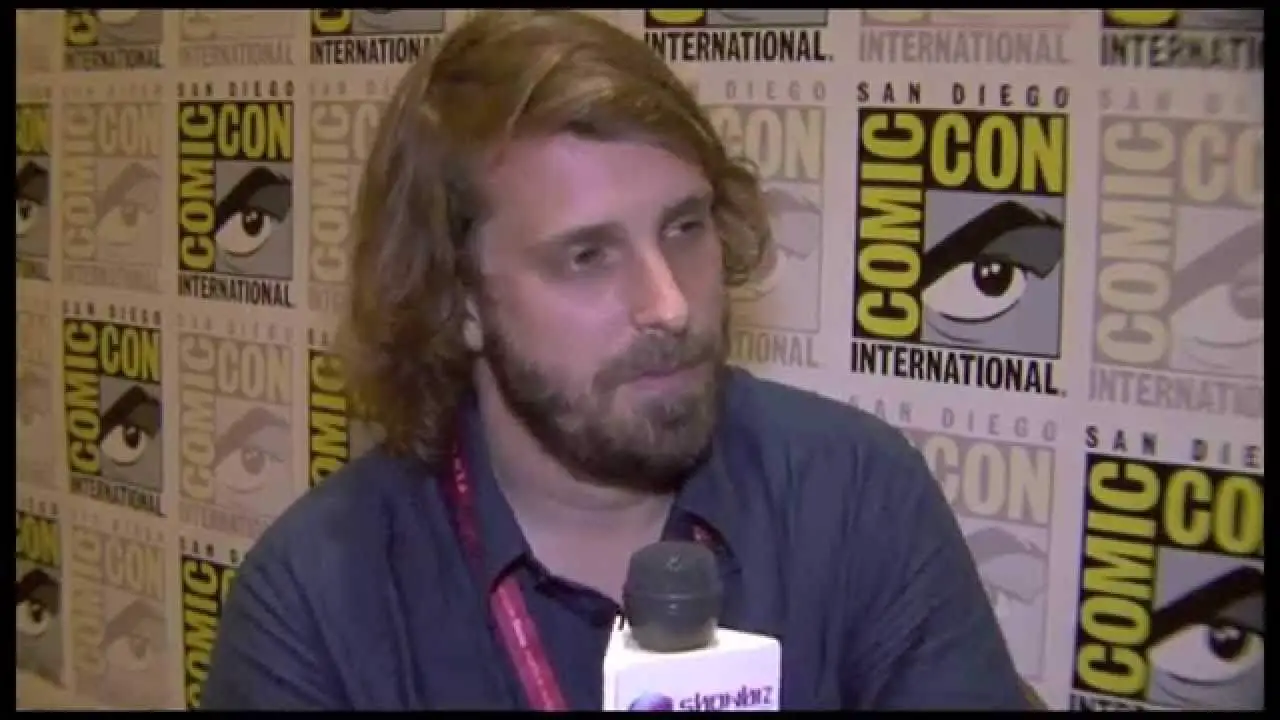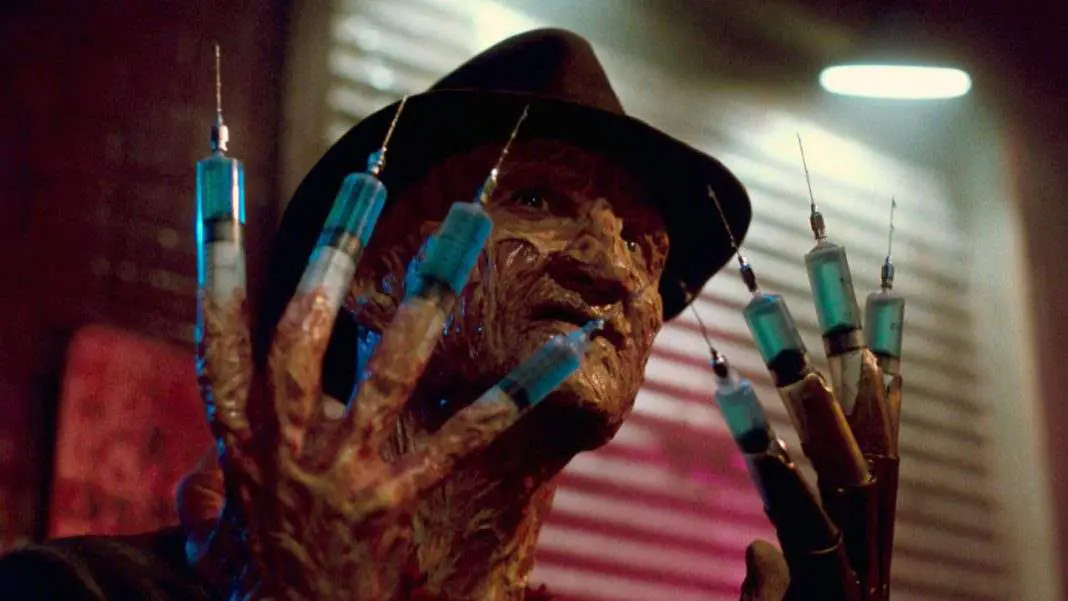The original Toolbox Murders is a hard movie to pin down. It’s hard even to explain how I feel about it. At this point, I would say most people have discovered the Tobe Hooper remake. The original doesn’t get talked about much. But there’s something interesting about it, because it almost doesn’t feel like a movie. It almost feels like an art film, as if it’s just an experimental project that happens to get incredibly violent.
What fascinates me most about Toolbox Murders is that it was released in 1978, effectively before the big kickoff of the slasher cycle. It definitely looks and feels like a ‘70s movie, but everything about the style and the story feel like the movie was made in response to the major slashers. That’s what’s weird about it. It feels like a statement on features that would be made several years later. I can’t tell if that makes Toolbox Murders ahead of its time or if it’s just an insane coincidence. It would almost have to be the second.
It does, however, feel like a strong transition point between the ’70s and ‘80s. This carries us into the slasher. Even if it does have that structure of a masked killer picking off women one-by-one, it looks and feels like a ‘70s exploitation thriller all the way through. That’s still what it is at its core. As much as it might seem to predict or gradually build to what’s coming, it’s still completely of the time in which it was made.

Toolbox Murders takes risks, and that’s what I really find interesting about it. Yes, there’s a lot of the old formula of a villain punishing people for being sexually promiscuous but at least that’s spelled out in the plot and not in the subtext. The success of the movie is that it is not afraid to do different things and to go in completely different directions—structurally, story-wise, and tonally—than you would generally expect it to go.
It’s as raw as any other ‘70s exploitation film and definitely sleazy, but it handles these elements well. The kills are blunt and in your face. They don’t linger in the way that many other movies would. With almost every kill, there’s slow build-up and a kind of grimy undertone so that you’re left feeling like each one of these scenes is going to go in the direction of rape but—thankfully—none of them do.
 Structurally, the first half hour or so of Toolbox Murders feels like its own self-contained short film. It’s the movie that plays out in your mind when you hear the title Toolbox Murders for the first time. It’s more or less exactly what you would expect, although there are some very strange and, again, experimental editing techniques in there to give it a little bit of flair.
Structurally, the first half hour or so of Toolbox Murders feels like its own self-contained short film. It’s the movie that plays out in your mind when you hear the title Toolbox Murders for the first time. It’s more or less exactly what you would expect, although there are some very strange and, again, experimental editing techniques in there to give it a little bit of flair.
After that, though, it becomes a completely different film. It’s much more of a psychological piece. It still doesn’t forget to be intrusive and sleazy, but it goes about it in a completely different way than the voyeuristic murder set pieces we were subjected to early on. For the second half, our heroine is abducted by the killer who basically wants her to be a stand in for his dead daughter. There’s still a heavy element of discomfort to everything that goes on here, especially when she thinks she has help from someone who turns out to be just as bad.
 Toolbox Murders is a movie that I’m sure will lose a lot of viewers. Frankly, the first time I saw it, it almost lost me. The whole movie shifts into something completely different rather early on and you kind of just either go with it or you don’t. I think it’s an interesting experiment. It feels more like an indie art film inspired by Texas Chain Saw Massacre and Deranged than it does an actual feature attempting to cater to any kind of audience. Including the horror audience.
Toolbox Murders is a movie that I’m sure will lose a lot of viewers. Frankly, the first time I saw it, it almost lost me. The whole movie shifts into something completely different rather early on and you kind of just either go with it or you don’t. I think it’s an interesting experiment. It feels more like an indie art film inspired by Texas Chain Saw Massacre and Deranged than it does an actual feature attempting to cater to any kind of audience. Including the horror audience.
It tries to be both a sleazy thriller and a commentary on the lewdness of movies like that. There are some films, like Scream and Cherry Falls much later on, that would be knowing takes on that kind of material. But Toolbox Murders almost doesn’t even seem like the filmmakers are aware that they’re doing both of those things. The interest is in keeping the audience feeling like they don’t know exactly what they’re watching and making sure they don’t know exactly what’s going to happen next. On that level, it definitely succeeds.







